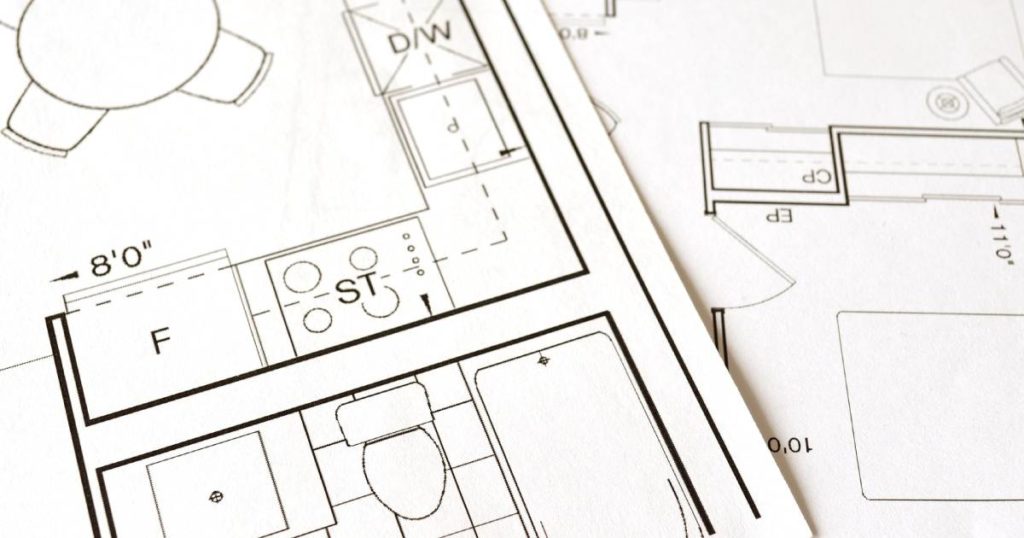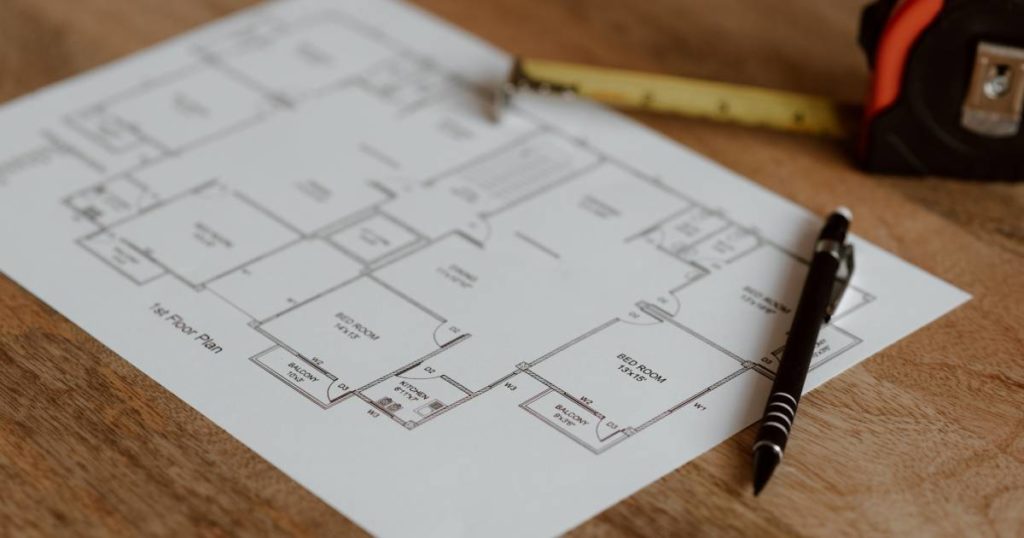
A structural engineer is a construction professional that is used to help you to establish the required materials and legalities of a build before it takes place. This makes sure that your build will be lawful and up to scratch. That’s as well as being as good as it should be in terms of how it’ll be used, too. While of course there’s a lot more to it than that, when hiring a structural engineer, these are the very basics of what is useful to know.
What is a Structural Engineer?
A structural engineer is an engineering professional qualified in providing you with the information that you need for your project to be built successfully. They will help you to establish the materials that you will need to use for your project as well as the calculations required to establish where things like foundations and beams will need to be added or improved in order to support the structure that you’re building, and to make sure that overall, the structure is sound and not likely to fail.
Typically, they will be qualified engineers belonging to an organisation like the Institution of Structural engineers or a similar body, helping them to be insured, qualified and able to help you with your build at commercial or residential levels.
What Does a Structural Engineer do?

A structural engineer is responsible for making the calculations required to alter the structure of a building, or change the load that is being placed on an existing structure too. Generally speaking, this can be split into three crucial areas:
Safety Regulations
First and foremost, a structural engineer is able to provide you with the information that you need to build safely. They will calculate the supporting structures or materials that will be required in order to make a change to a building and enable it to function safely and as it needs to be done. That could be adding steel beams to ceilings for a loft conversion, checking the foundations of a conservatory to see if they can support a house extension, or creating an entirely new building be it at residential or commercial levels. It really does vary.
Material Choices
The next thing that a structural engineer is able to do for your project is to help you with the material choices you have before you commit to a build. By understanding the different properties or different building materials and the structural implications they have, a structural engineer is able to recommend the best possible materials for your project to make the most of your budget and of the building efforts or safety to give you the best possible quality structure that you need.
Build Efficiency
Finally, a structural engineer is also able to assist with calculating the best materials and the required quantities or supporting information to recommend the most efficient building changes too. Whether that be the best materials for a highly load bearing floor or purpose-built structure, or whether it be the most eco friendly way to carry out a build or project, they are highly trained to be able to advise in the most effective methodologies of each process.
What Projects Do I Need a Structural Engineer For?

Because of the dynamic and unique nature of the construction environment, each and every single project is unique. Typically, however, the most common needs for a structural engineer are with projects like:
- Making sure a loft floor can support the weight of a habitable room
- Checking the foundations of a building can support additional weight
- Check a load bearing wall will be sufficient, or how it can be altered
- Surveying a building for structural integrity/faults
When is a structural engineer needed?
In the vast majority of cases that require a structural engineer, the requirements will fall at the building regulations stages of the architectural and construction process. This is where the finer details and specifics are being created rather than gaining permissions and concepts, and as such, is the first instance in which these calculations could be created.
What Does it Cost to Hire a Structural Engineer?
In most cases, structural engineers for residential projects will charge between X and Y. C=For commercial projects, this is of course much more bespoke and depends entirely on the resources required to finish the job. Overall, every project is unique, and it depends entirely on the size of the job and the company you choose to carry out the work for you too.






